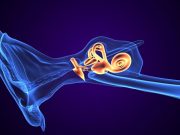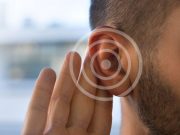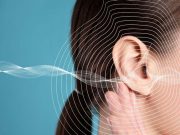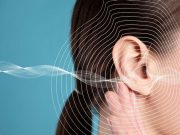Tag: Meniere’s Disease
Nonvisualization of the Endolymphatic Duct, Sac Common in Meniere Disease
MD-140 subtype may be tied to worse clinical symptoms
Three Factors Can ID Conservative Treatment Response in Meniere Disease
Decreased vertigo severity, reduced comorbidity burden, absence of hearing loss linked to conservative treatment response
Endolymphatic Hydrops Denotes Degree of Hearing Loss in Meniere Disease
Three-dimensional real inversion recovery sequence can be used to indicate the degree of hearing loss
No Change Seen in Frequency of Recurrent Vertigo Attacks Over Time
Attack frequency did not change over three years for people with benign recurrent vertigo, Meniere disease, or vestibular migraine
Clinical Severity Staging System May Aid Tx Selection for Meniere Disease
Decreased vertigo severity, comorbidity burden, and absence of hearing loss tied to conservative treatment response
Two Distinct Patient Groups ID’d in Meniere Disease
Distinct disease etiologies manifesting with different radiological temporal bone abnormalities identified
Gadolinium-Enhanced MRI Can Differentiate Meniere From Vestibular Migraine
Carsickness, decrease in asymmetric hearing loss, increase in SSPVI of the ipsilateral ear may also serve as diagnostic predictors of vestibular migraine
Vertigo Improves With Endolymphatic Sac Surgery, Cochlear Implant in Meniere
Rate of vertigo control higher after cochlear implantation alone versus endolymphatic sac surgery alone or with cochlear implant
Vestibular Function Tests ID Vestibular Migraine Versus Meniere Disease
Additionally, vestibular symptoms, including internal vertigo, tied to vestibular migraine
Vascular Risk Factors Have Little Impact on Efficacy of ESD for Meniere Disease
Outcomes comparable after endolymphatic sac decompression for low-, high-risk Meniere disease patients














